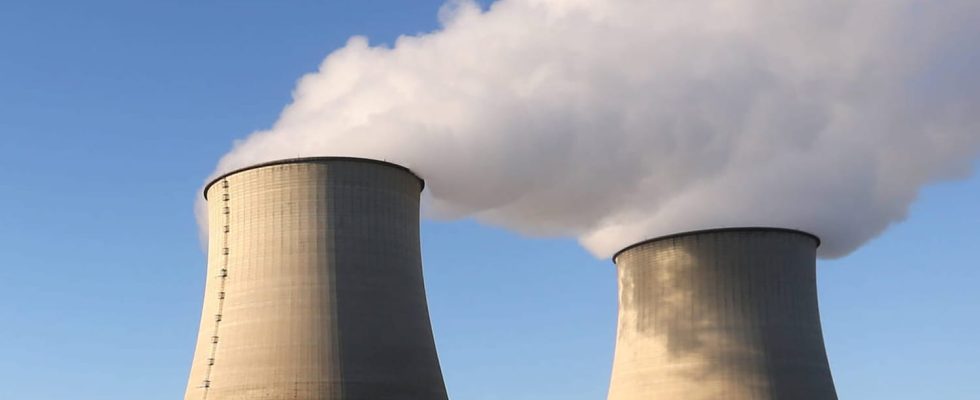The recycling of nuclear waste, and partly radioactive waste, is planned at EDF. And the green light has already been given.
There are numerous EDF projects supported by the government to ensure France’s electricity supply. But some are more unknown than others. The French company is currently working on the construction of a “technocentre”, or a recycling plant, next to the Fessenheim power plant (Haut-Rhin), which has been shut down since 2020. The objective: to recycle nuclear waste that has become bulky to introduce it into everyday products, “common consumer objects, such as pots, door handles or even strollers”, as indicated by the Parisian Last year.
Recycling nuclear waste would be a 180-degree turnaround in the French nuclear waste management model, which until now only uses storage and landfill. But it would not call the entire system into question, because only “very low radioactive” waste (TFA) would be treated and reused. This waste is currently stored above ground in the Industrial Regrouping, Warehousing and Storage Center (Cires). But storage capacities will very quickly be exceeded with the renewal of the French nuclear fleet, planned for 2030.
This is what drives the recycling of this waste: the metals would then be decontaminated and subjected to a melting process to be packaged into ingots that can be used in conventional industry. The Health Safety Authority (ASN), which opposed this idea before issuing a “generally favorable” opinion, has long feared errors, such as poor measurement of the radioactivity of a recycled product put back into circulation or the discovery of radioactive objects in public spaces.
Its conditions for setting up the recycling center? The addition of a statement informing consumers that the product they are purchasing is “from the recycling of metals from nuclear waste”. ASN also requires radioactivity measurements to be carried out, filmed, before and after the melting of recycled metals, as reported by Teva Meyer, geographer and lecturer at the University of Haute-Alsace, with Reporterre.
Once ASN authorization had been obtained, the government made the necessary modifications to the Public health code to make the recycling of VLL waste possible. All the signals are now green, or almost. The Institute for Radioprotection and Nuclear Safety (IRSN) must draw up at the end of 2023 “a summary of the latest scientific advances in the field of the effects of very low doses on the human body” which could call into question the technocenter project. But until then, EDF is already planning the consultation phase planned for 2024 before the final investment decision expected in 2027 and the commissioning of the technocenter announced for 2031.
